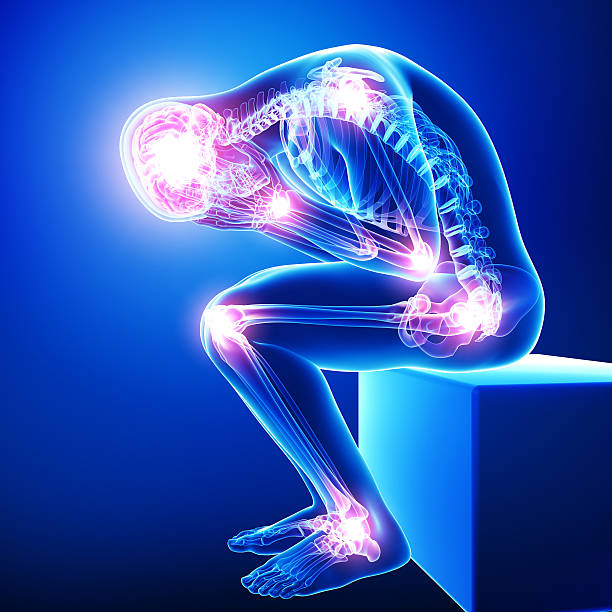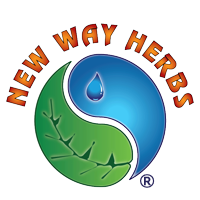Natural Remedies Speed Post-Op Recovery


Post-surgery symptoms, from inflammation to fatigue, severe pain to subcutaneous bleeding, among others, can be overwhelming. But with a little informed thoughtfulness, these symptoms can be minimized, naturally.
Regardless of how proactive we are, recovery from surgery can be a stressful experience. And in addition, surgical anesthesia can lead to nausea, vomiting, cognitive dysfunction, and memory loss. Thankfully, there are natural remedies that speed your recovery with a healthier healing process.
It is highly unusual to see a patient leave surgical recovery without an opioid prescription in hand. My own recent experience was the same. I was prescribed opioids, steroids, and extra strength ibuprofen. But I decided that the risks and side effects of these drugs far outweighed their benefits when there are so many natural resources and techniques available. I had prepared before the surgery to minimize inflammation in my body and strengthen my immune system; and then, after surgery, used natural resources to heal, reduce stress, and to eliminate inflammation related pain.
The key is not just controlling inflammation but controlling it naturally. First, let me clarify; opioids do not address inflammation, the primary source of most post-operative pain. This includes both the incision and the inflammation in the surrounding tissue. Opioids attach to proteins called opioid receptors on nerve cells in the brain, spinal cord, gut, and other parts of the body. When this happens, the opioids block pain messages sent from the body through the spinal cord to the brain. So, the inflammation has not improved, and the pain is still affecting your body, even though you don’t feel it. This means it will take your body even longer to recover.
The side effects of steroids, given for inflammation, include suppression of your immune system, causing it to attack its tissues, fluid retention, swelling in your lower legs, high blood pressure, mood swings, memory loss, behavioral anomalies, and other psychological effects, such as confusion or delirium, upset stomach, weight gain and fat deposits.
Ibuprofen is a nonsteroidal anti-inflammatory drug (NSAID). It works by blocking your body’s production of certain natural substances that cause inflammation. Side effects can include upset stomach, nausea, vomiting, headache, diarrhea, constipation, dizziness, and drowsiness. And long-term use can lead to anemia due to bleeding in the stomach, impaired hearing, kidney and liver damage, bleeding in the stomach and bowels and increased risk of heart attack.
A better solution is to use natural resources that reduce inflammation and allow the immune system to do its job.
First, focus on eating a well-balanced, holistic diet if you want to speed your recovery and boost your energy levels both before surgery and after surgery. The right foods will minimize inflammation and fatigue, create energy, and accelerate the recovery process. And drink lots of water. Dehydration following surgery requires focused rehydration in the healing process.
I cannot stress enough, the importance of ice. Placing an ice pack on your wound or surgical area for the first 1-2 days after surgery helps reduce pain, swelling and bruising. In one French study, it was recommended to use this method on the surgical area an hour before surgery, as well.
Along with ice, proper diet and proper sleep, a post-operative anti-inflammatory regimen should include Arnica, Ginger, Turmeric, herbs that promote sleep and a combination of Corydalis and Skullcap for pain.
Arnica is an excellent anti-inflammatory homeopathic regimen that does not interfere with surgical healing, bleeding, or any other medications. In fact, Arnica will eliminate bruising and soreness, as well. I once used this topically on my grandson following dental surgery. They told us to expect bruising and extreme swelling. We began the Arnica regimen, and he had no bruising, very little swelling, and healed quickly.
Ginger is one of the best anti-inflammatory resources available. Particularly for the treatment of nausea and vomiting, a common post-surgery reaction to the anesthesia or other pain-killing drugs used during surgical procedures. Because Ginger can thin the blood, it should not be taken before an operation. But Ginger can significantly relieve nasty pangs of nausea and vomiting when consumed after surgery.
Turmeric is a potent non-steroidal anti-inflammatory that is said to curtail inflammation, reduce swelling in recent bruises and wounds and stimulate the immune system. Turmeric appears to be an effective tonic that normalizes energy flow and improves overall good health. Turmeric‘s potent antibiotic qualities may also be helpful in combatting MRSA (methicillin-resistant Staphylococcus aureus), a particularly dangerous bacterium that may not respond to conventional pharmaceutical treatments.
Corydalis, known as a blood mover, is an effective herb for relieving many types of pain. Pain formulas in both Western Herbalism and Traditional Chinese Medicine frequently incorporate this herb into formulas to restore the flow of blood and chi by relaxing the tension. To be most effective, the Corydalis-based pain formula can be combined with herbs that are relaxing nervines and/or anti-spasmodic. It is rarely, if ever, used alone and combines well with Skullcap. This larger formula works to further reduce tension that may be inhibiting the flow.
We all understand the importance of sleep for our overall health and wellbeing. After surgery, our bodies work hard to recover, so sleep is a crucial part of the recovery and healing process. Quality sleep can help reduce inflammation, improve blood flow, and promote the healing of the affected tissue and wounds following surgery. But it is not always easy to achieve restfulness when there is pain. Use this time to rest and to let your body heal.
Some herbs specifically promote sleepiness are Valerian Root, Lavender, Lemon Balm, Chamomile, Passionflower, Hops or Magnolia Bark. A wonderful blend combining Hops, Valerian Root and Passionflower is a safe and synergistic approach to aid sleep onset and duration. The effects of Valerian Root are best potentiated when combined with Hops and Passionflower. This three-herb combination aids sleep onset and reduces overall anxiety. It can be used daily without side effects; however, it may not be sufficient for managing very high levels of anxiety or panic. For these cases, Kava Kava, one of the preeminent anxiolytics, (anti-anxiety) resources of the plant world, is usually more effective.
Take control of your healing process after surgery and minimize both the side effects and the recovery time naturally.

Comments are closed here.